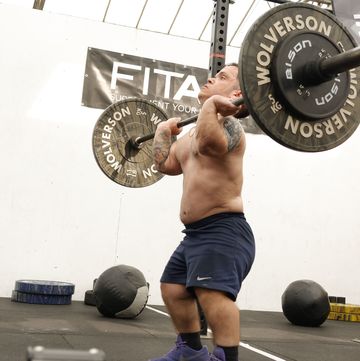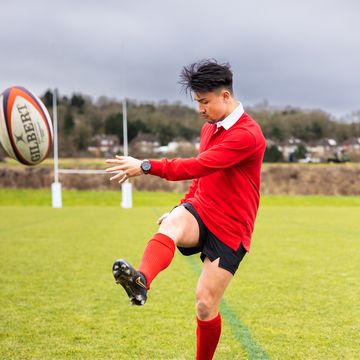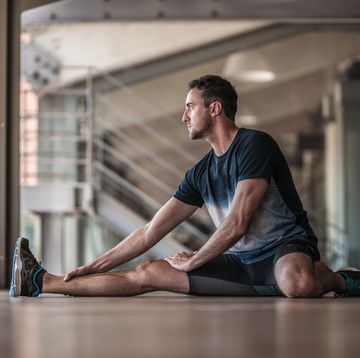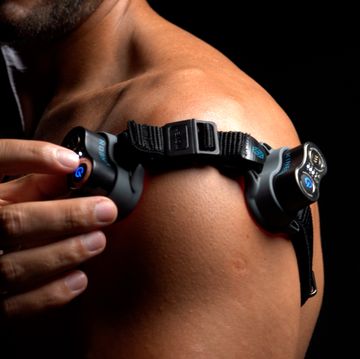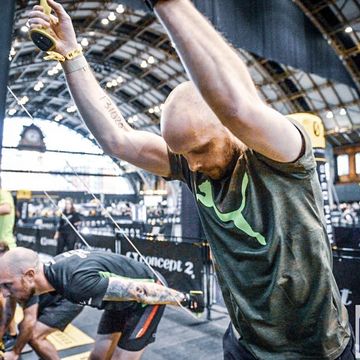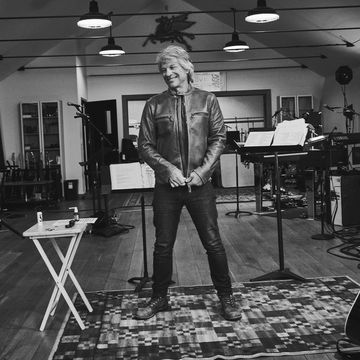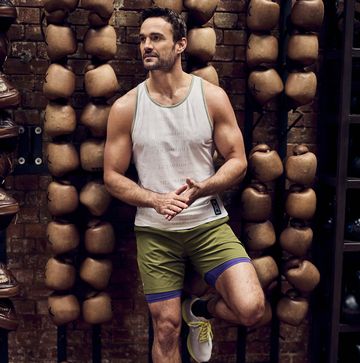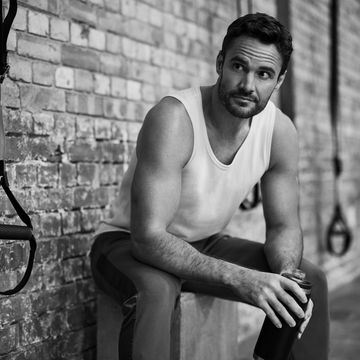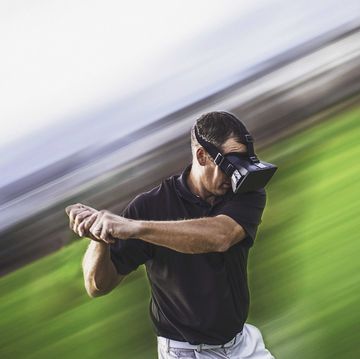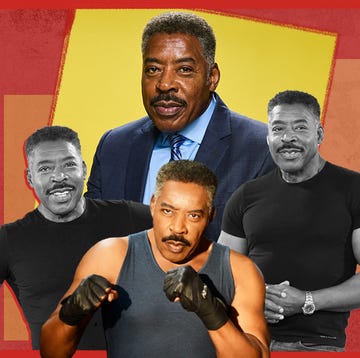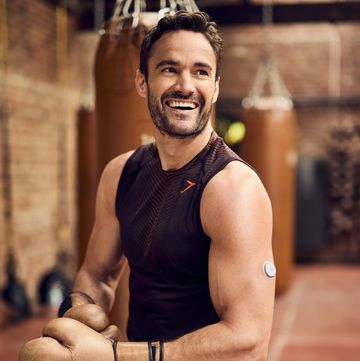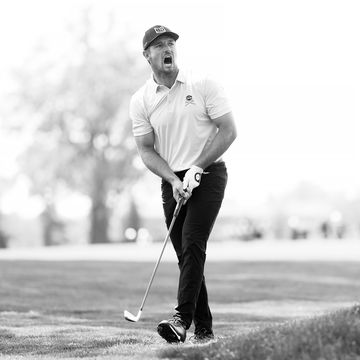When Troy Deeney was at school he had limited career options. Just like everybody else he grew up with in Chelmsley Wood, Birmingham, in the mid 90s – which at the time was home to the largest council estate in Europe – his choices were either to deal drugs, work at the local Land Rover factory or lay his hands on a lottery ticket and escape through sport. Deeney somehow managed to defy the odds and do the latter, but his teacher had far lower expectations for him.
“A teacher didn't understand that my mom worked three jobs, so my job was to pick my brother and sister up and look after them until my mom came home,” says Deeney. “Homework was the last thing I needed to do. I had to make food and basic things like that, probably at a younger age than most people. The teacher was like, 'If you don't do your homework you’re going to fail,' but I said I'm not going to fail because I'm going to be a footballer, and she said, 'The way you're going you'll be dead by the time you're 25.'”
At 33, Deeney can see how inappropriate that was, and he wants something better for his children and children like him. Now, he’s finally asking questions about what he could have achieved had teachers understood and empathised with what was happening at home. He’s also questioning what he could have achieved had he seen himself reflected in what he was learning. Perhaps then, he'd have known there was more to life than dealing drugs or the car plant.
Deeney wants better for future generations and, as is the case on the football pitch, he’s not afraid to get stuck in and do the hard work. He’s begun a campaign to encourage schools to introduce a more diverse curriculum – one that covers Black, Asian and minority ethnic history and experiences.
Alongside a documentary, Where’s My History?, which airs tonight (23 May) at 10pm on Channel 4, Deeney hopes to show students all the positive ways minorities contribute to society. He wants to show them, for example, that Black people's experiences don't begin and end with slavery. There are stories of inventors, writers, artists and leaders that deserve to be shared, too.
“During lockdown, I got to see how education was failing my children. They go to private schools and are supposed to be getting the best of the best,” says Deeney. “But the education system and the curriculum was failing them.”
Deeney isn't the first footballer to get involved with a big societal issue. Marcus Rashford continues to speak out for impoverished schoolchildren and, just last week, Jake Daniels’ coming out was a step in the right direction for LGBT+ footballers. Deeney says footballers standing up for these issues is a result of modern players being in control of their own narratives, but it's also down to players learning from and understanding each other.
“Football's a reflection of society. You've got loads of different ethnicities all in one football team working together, and now you have a changing room where people are more open and talking,” says Deeney. “We've just come out of Ramadan and my dad was a practising Muslim, so I understand that. Not everyone in the dressing room would understand it, but they'll ask questions now, whereas 10 years ago that wouldn't have happened.”
'Where’s My History?' airs tonight (23 May) at 10pm on Channel 4.

Daniel is Men’s Health UK’s deputy digital editor. He’s a writer and editor with a decade’s worth of experience covering health, fitness, tech and sports. In his time at Men’s Health, he’s written about everything from Black men's mental health to The Rock's cheat days and has logged training time with NFL footballers, Olympic gymnasts and the British Army. In his spare time he enjoys fitness of all kinds, from deadlifts to long runs, and is always on the lookout for his next challenge.

